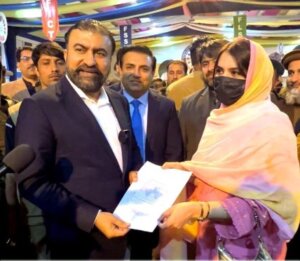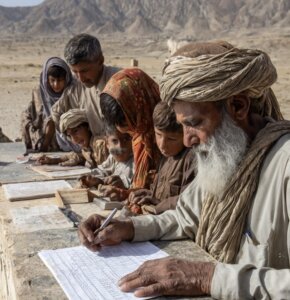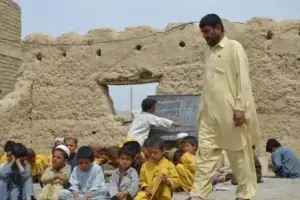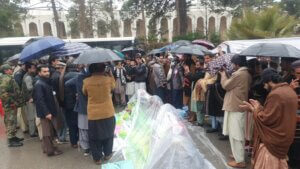Balochistan budget and the gender gap
Editorial :
It is an admitted fact that gender inequality limits the economic development of every country. In Balochistan, prevailing inequality is the outcome of both socio-economic structures and gender-blind macroeconomic policies.
There are multiple factors behind gender inequality. However, lack of political commitment, almost no representation of women at the policymaking level are the underlying reasons behind this imbalance. Gender budgeting is an important tool to expose gender inequalities and biases in the distribution of national wealth.
The state of women paints a bleak picture when it comes to literacy, health, political and social empowerment in Balochistan. Although, urban women are far better than the women in rural Balochistan in terms of living standards.
Here women empowerment starts and ends with sewing machines
This daily has published an article by well-known bureaucrat Mehfooz Ali Khan regarding gender budgeting. Mr. Khan who has also served as the finance secretary of Balochistan says, “in our set up women empowerment starts and ends with the provision of sewing machines, the opening of embroidery centers, or the holding of few cultural shows”.
One can disagree with Mr. Khan. However, ground realities endorse his notion. Female population in Balochistan is 47.4% and their needs are completely ignored at all levels and they are hardly involved in the budgetary process.
An analysis of PSDPs since 2013-14 till 2020-21 shows that there was not a single project in the years 2013-14 1st 2014-15.
Present government adopted women empowerment bill
Present government has adopted the women empowerment bill and taken steps to empower female segment of society. However, still a lot needs to be done. As usual, women from Quetta, the provincial capital get elected on reserved seats in the Balochistan Assembly.
True voices of women from rural Balochistan are missing in the assembly. The political parties should also review their policies regarding nomination of women on reserved seats. Village and rural women too have the right to represent political parties and women in the house.
Balochistan government should go beyond steroetyping and launching consultation with women on district level to make sure gender-friendly budget, before it is already late.






